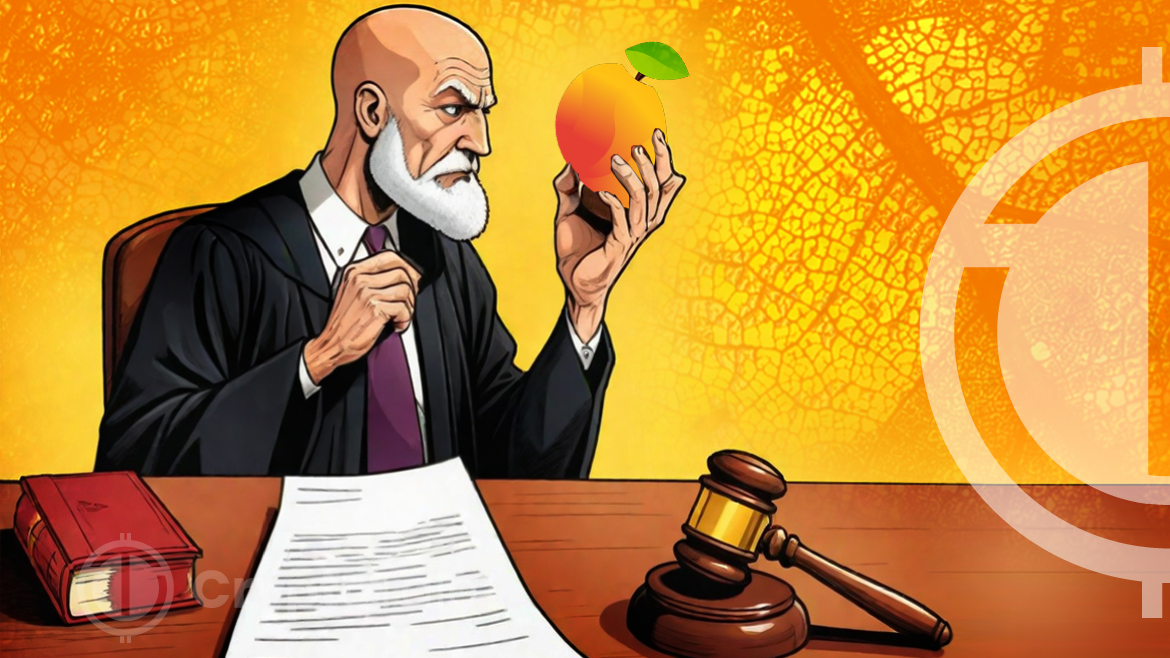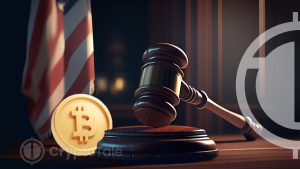
In a legal proceeding that has riveted the crypto community, the trial of Avraham “Avi” Eisenberg is underway in the Southern District of New York. Eisenberg faces allegations of executing a $110 million breach on the decentralized exchange, Mango Markets. The outcome of this case now hinges on the deliberation of a jury, marking a significant moment in the intersection of digital currency and the law.
Deliberations follow a two-week trial marked by intense debates over the nature of Eisenberg’s actions, with Inner City Press providing detailed coverage of the proceedings. The case centers around Eisenberg’s alleged manipulation of the market to withdraw assets artificially inflated in value, a strategy U.S. authorities have labeled as fraudulent.
Eisenberg’s defense argued that their client’s actions were not only legal but a demonstration of a successful trading strategy within the parameters set by Mango Markets‘ smart contracts. They asserted Eisenberg operated under the full compliance of the platform’s automated systems, highlighting the lack of direct communication or misrepresentation in his trading activities. Moreover, they pointed out Eisenberg’s initiative to return a substantial portion of the funds, suggesting this as evidence of his good faith and the legality of his profits.
However, prosecutors contested this narrative, arguing that Eisenberg’s actions necessitated deceit, particularly in the removal of funds from the platform. They likened his tactics to that of a thief exploiting a system’s vulnerabilities, emphasizing that consent to risk does not equate to consent to fraud. This perspective challenges the defense’s portrayal of smart contract compliance, focusing instead on the ethical implications of Eisenberg’s strategy.
As the jury weighs its decision, the verdict of this trial is poised to cast a long shadow over the crypto industry. It prompts a deep dive into the nuances of smart contract interpretation, the moral limits of trading tactics, and the regulatory scene that envelops DeFi ecosystems. This case underscores the challenges at the confluence of technology, ethics, and law within the digital currency space.














